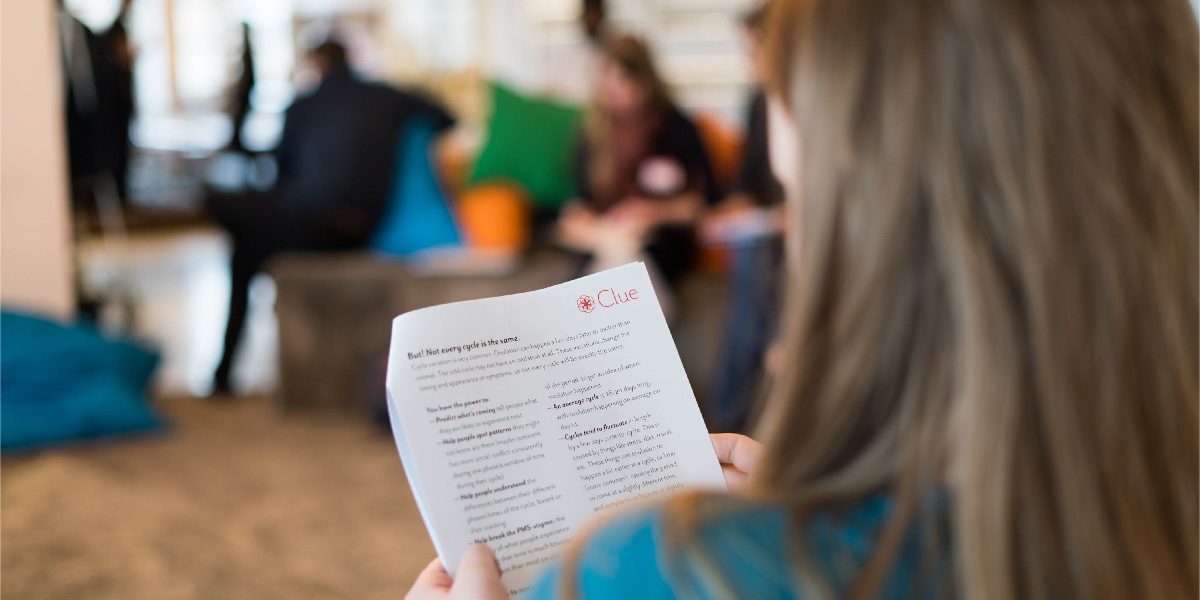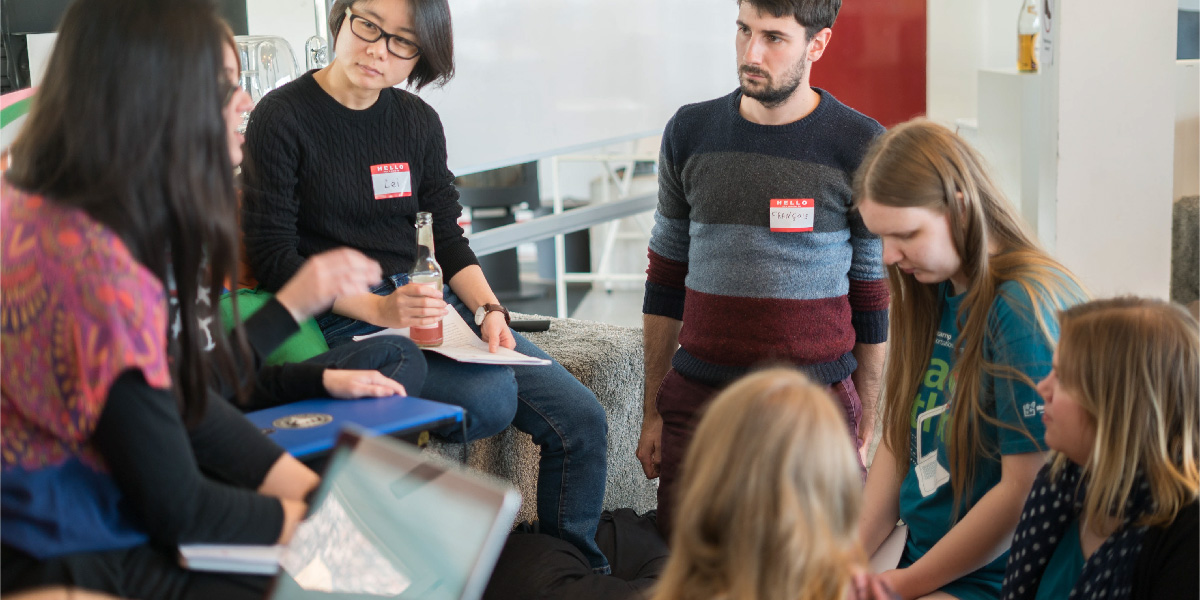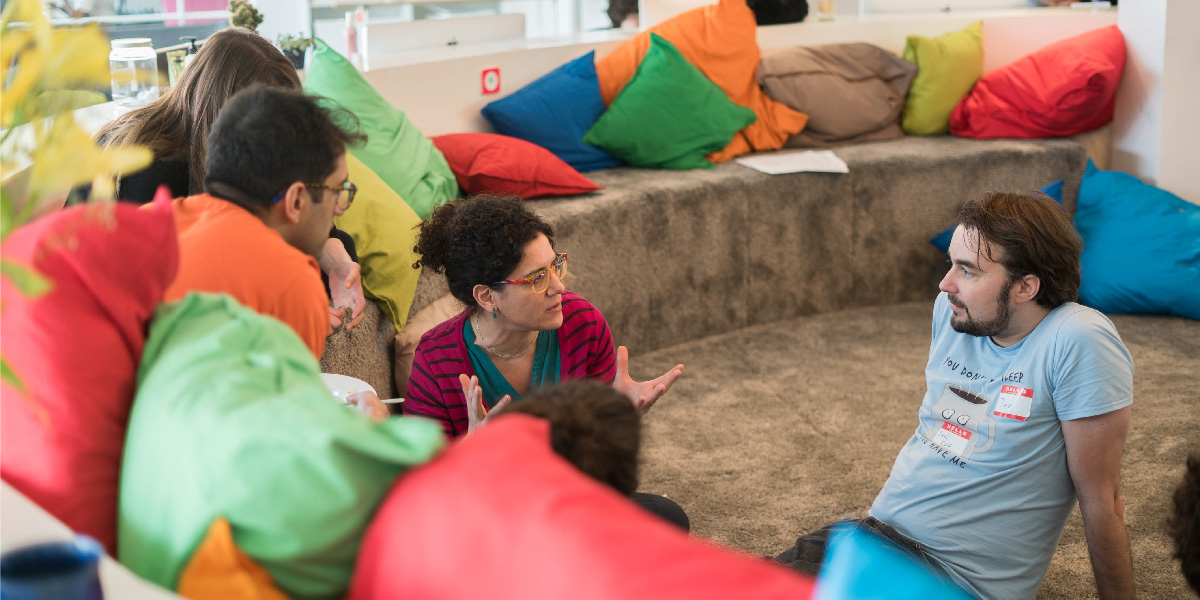Clue & WATTx host reproductive health hackathon
Clue & WATTx recently brought together 27 of Berlin's brightest minds in data science for a data hackathon. The goal was to use Clue's large (anonymized) menstrual health data set to create an even smarter prediction model in Clue.
We're excited by the many ways that data can change our understanding of personal health, and because Clue has one of the biggest menstrual health data sets of all time, we have a unique potential to push female health findings and support to new heights.
Participants had one weekend to work together or individually on a prediction model that would be rated on a log-loss basis–a technical metric that scores how well a model performs on accuracy, or how close it was to the "true occurrence."

The prize? 3,000 euros for the highest score and 2,000 euros for the most practical solution (judged by jury).
The first prize model had the best performing prediction model, and the team that developed it came from a very theoretical point of view with keen attention on the menstrual cycle and how it works; they thought about what the solution would mean for Clue's users and not just the raw data. The winning team showed a fascination and understanding of the problem, even though they had just learned about the ins and outs of the menstrual cycle and our data set.
And the winners are…
Highest Score: Adrin Jalali, Corrie Bartelheimer, Gianluca Segato, Marco Scaravelli, Markus Hinsche
Most Practical Solution: Evgeniy Mamchenko

The hackathon stimulated many new ideas and ways to approach our data to provide even more value to the millions of people using Clue.
In our experience, many data hackathons are overtly competitive, male-dominated and hosted in large, sometimes sterile, spaces. We were happy to hear that the atmosphere of our hackathon was unlike any other that the participants experienced. People collaborated, groups formed, friendships were made and everyone worked together in our comfortable Kreuzberg office space. But most importantly, participants were excited to work on something that could really help people all over the world–to better understand their bodies.
